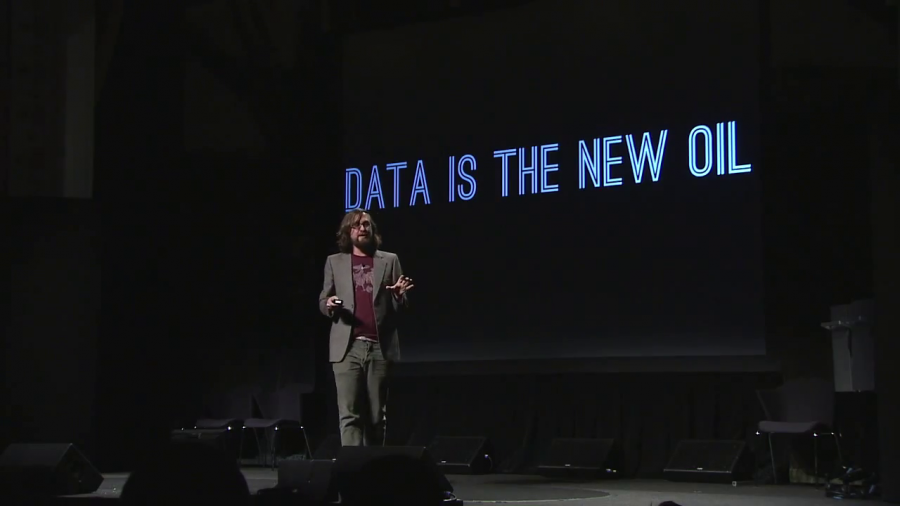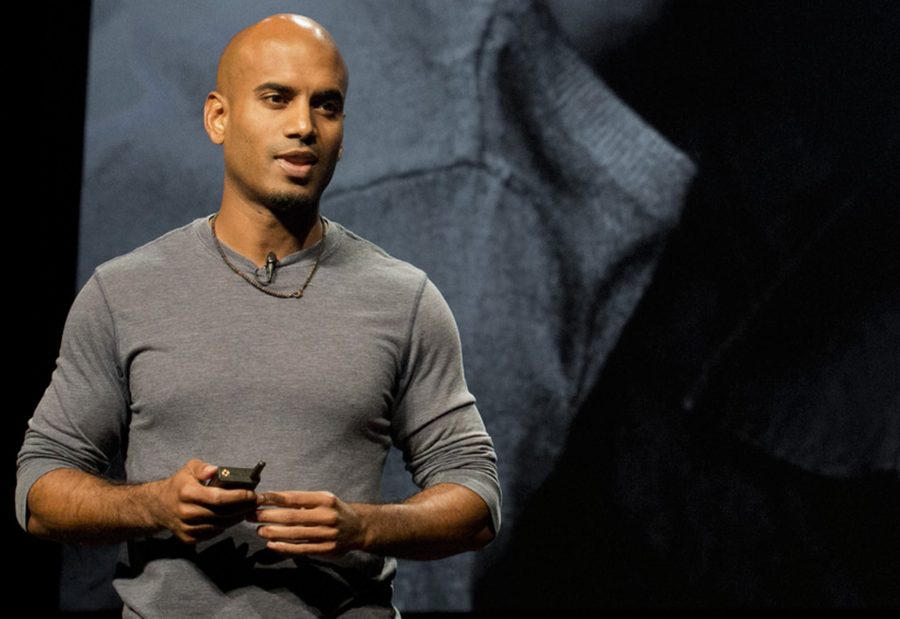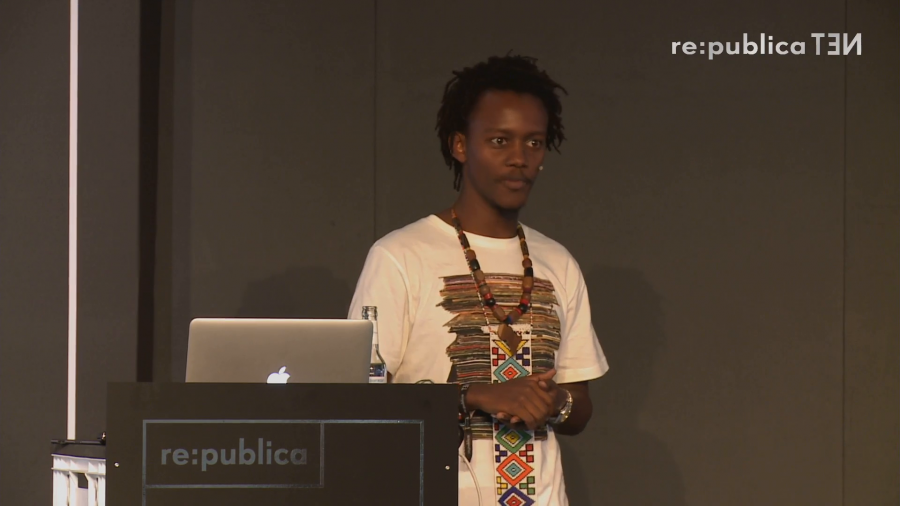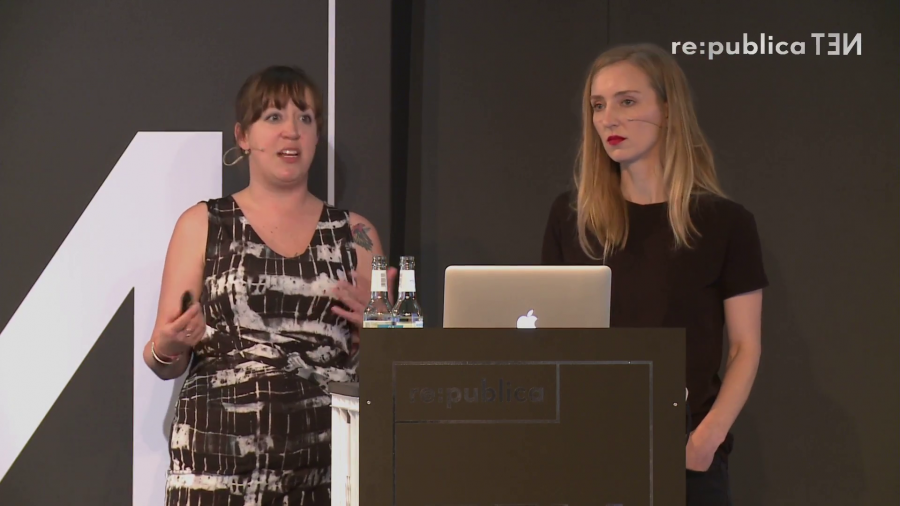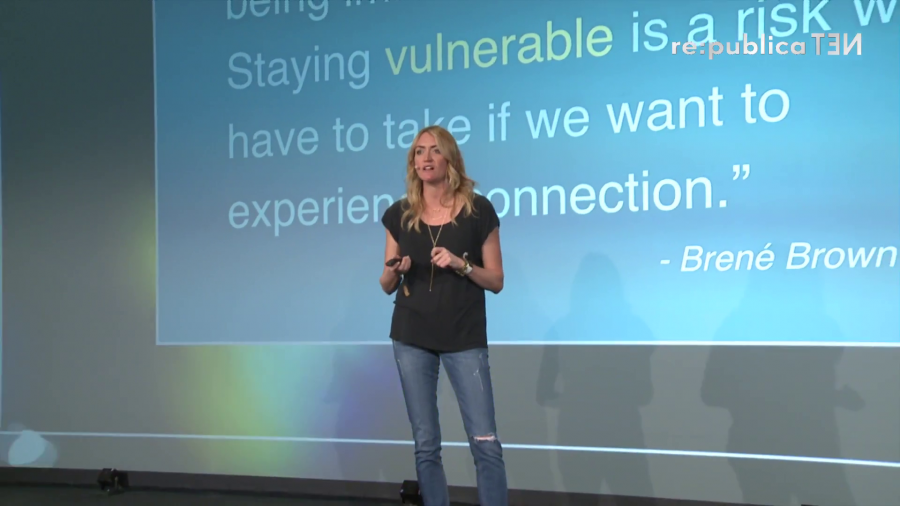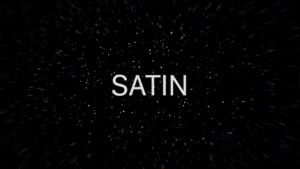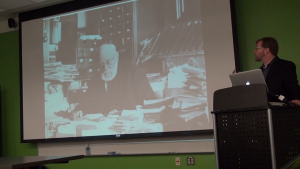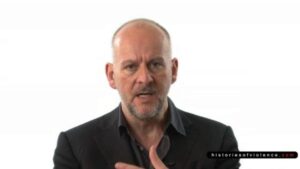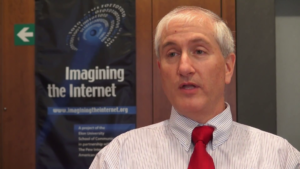I come here today because I’m excited about data but also because I’m terrified. I’m terrified that we are having progress without culture in the world of data. And as we’ve seen with these failed industries before, progress without culture does not work.
Spring 2021 #OSSTA Lecture: Reza Ali
presented by Reza Ali
A little bit about Satin. Its architecture and components are designed to maximize flow and minimize friction. I think while I'm working on things I'm also learning by coding. So I think if you can enjoy that process as much as possible you're gonna really have a lot of fun but also learn as much as possible. Read more →

